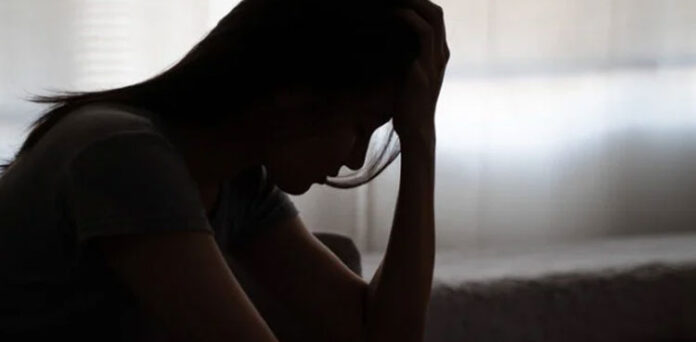
Byline: Abdul Wahab
Islam emphasizes the protection, dignity, and rights of individuals, particularly vulnerable groups like girls. The principles outlined in Islamic teachings become even more poignant when examining real-world incidents, such as the PGC (Punjab Group of Colleges) rape case, which highlighted critical issues surrounding gender-based violence and the need for systemic change.
- Inherent Dignity and Value
Islam teaches that every individual has inherent dignity. The Quran states, “And We have certainly honored the children of Adam” (Quran 17:70). This principle is crucial in contexts like the PGC case, where the victim’s dignity was violated. It underscores the need for a societal commitment to honor and protect every girl’s rights, regardless of the circumstances.
- Rights to Education and Empowerment
Education is a fundamental right in Islam, and it plays a vital role in empowering girls. The Prophet Muhammad emphasized the pursuit of knowledge as obligatory for all Muslims. The PGC case brings to light the importance of providing safe educational environments where girls can thrive without fear of violence. Educated girls are better equipped to advocate for their rights and seek justice.
- Prohibition of Harm and Violence
Islam categorically prohibits harm and violence against individuals. The Quran instructs believers to treat others with kindness and justice. In the context of the PGC case, this teaching highlights the need for immediate and stringent actions against perpetrators of sexual violence. Communities must uphold these values and ensure that victims receive the support they need.
- Legal Protections and Justice
Islamic law offers frameworks designed to protect individuals from injustice, including legal rights regarding consent and protection against abuse. The PGC case exemplifies the failures in the legal system that can leave victims vulnerable. It underscores the necessity for laws that protect girls, enforce accountability for offenders, and ensure justice is served.
- Community Responsibility and Support
The protection of girls is a communal obligation in Islam. The PGC case illustrates the critical need for communities to support victims and advocate for systemic changes. Collective efforts can create a safer environment for girls, emphasizing that the responsibility for protection does not rest solely on individuals but on society as a whole.
- Empowerment of Women and Advocacy
Empowering women is essential for the protection of girls. When women are respected and valued, they can serve as advocates for the rights of their daughters and other girls. The PGC case serves as a reminder of the need for strong female voices in addressing issues of gender-based violence and advocating for reforms that ensure safety and justice.
Conclusion
The PGC rape case serves as a stark reminder of the urgent need for stringent legal measures and effective enforcement against sexual violence. In Islam, the punishment for such heinous acts is severe, reflecting the gravity of the crime and its profound impact on victims and society. It is crucial for the legal system to not only hold perpetrators accountable through appropriate punishments but also to provide comprehensive support for victims. This case underscores the necessity of a justice system that prioritizes swift action and fairness, ensuring that offenders face significant consequences while reinforcing societal norms that protect the dignity and rights of every individual, particularly vulnerable girls.





